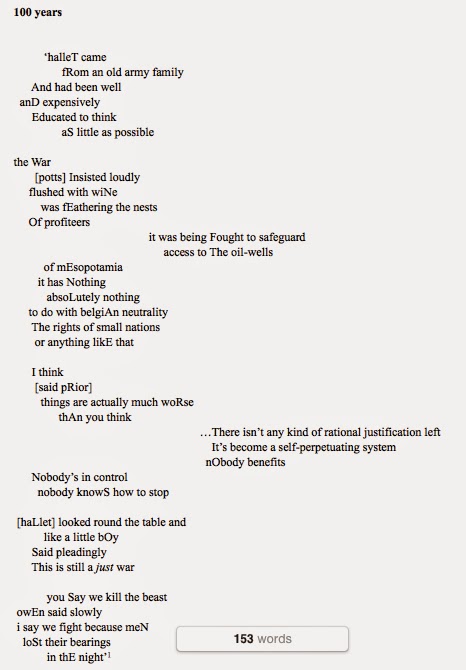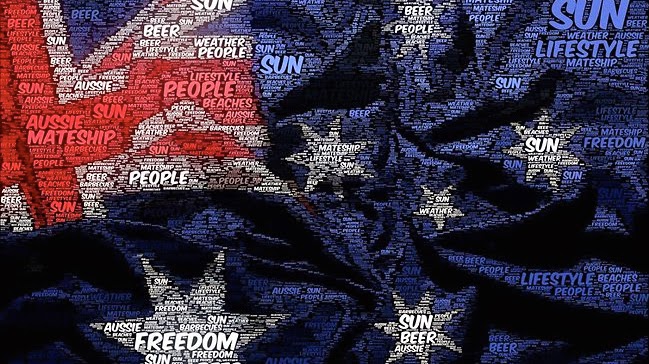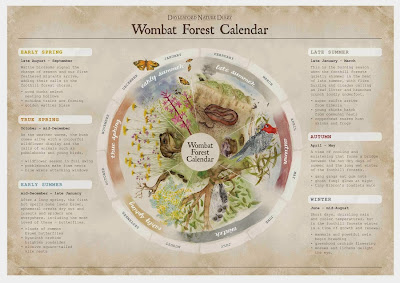Food sovereignty? It's a peasant (not a money) thing...
Thursday, March 2, 2017
 |
| Neo-peasant Woody (4 yo) walks-for and wheelbarrows a small portion of the household's fuel in readiness for the winter. |
We feel that Joel Salatin, for instance, is super cool when it comes to biology, but super problematic when it comes to his choice of economics. His form of economics we consider Christian-capitalist or conversion-capitalism. It is by nature imperialist as it must aggregate. In this way the great work he does in the biological field is undone by his economic form. To feed hypertechnocivilians (city dwellers) is not a reason for such activity, it only aggregates the problem of people not being accountable for their resources and not in relationship with the processes and communities of life that make life possible. We will never become an ecological culture of place while this pattern continues.
 |
| An ecology of money's waste in Central Queensland (passed by bicycle). |
These books also give contexts for our term neo-peasant:
 |
| Meg prepares gifted, grown and gleaned food in Artist as Family's kitchen. |




















































